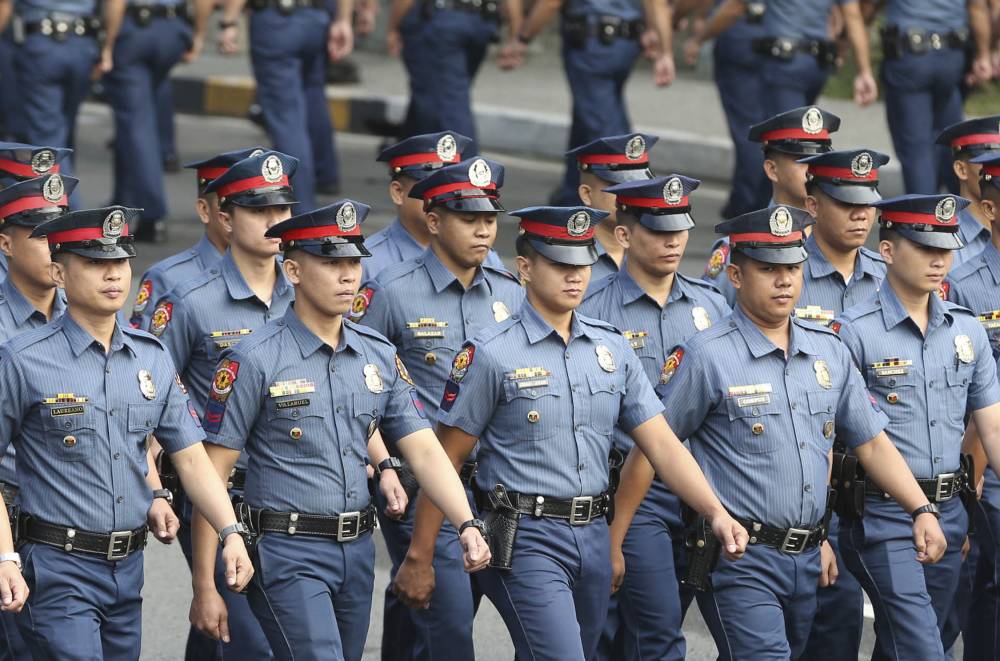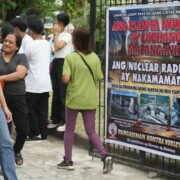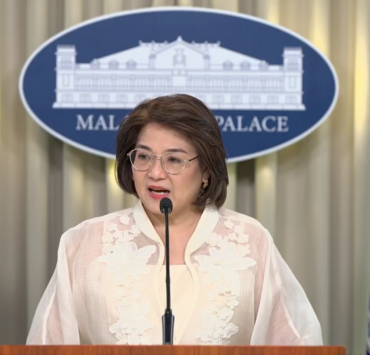Uniformed personnel to receive free legal aid under new law

President Marcos has enacted a law providing free legal aid for active duty and retired military and uniformed personnel facing criminal, civil, or administrative cases related to their official duties.
The President signed Republic Act No. 12177, or the Free Legal Assistance for Military and Uniformed Personnel Act, on April 15. The law was published on the website of the Official Gazette on Friday.
According to the law, the state shall promote peace and order and ensure public safety through efficient and effective services provided by “highly motivated” military and uniformed personnel (MUP).
“To this end, the State shall, as far as practicable, provide free legal assistance to military and uniformed personnel in criminal, civil, or administrative proceedings arising from service-related incidents,” it said.
RA 12177 applies to officers, enlisted and uniformed personnel of the Armed Forces of the Philippines, Bureau of Fire Protection, Bureau of Jail Management and Penology, Philippine Coast Guard, Bureau of Corrections, Philippine National Police, and the Hydrography Branch of the National Mapping and Resource Information Authority.
It required these agencies to strengthen their in-house legal offices. They are directed to submit to the Department of Budget and Management a revised organizational structure and staffing pattern based on the ideal ratio of legal officers to uniformed personnel.
MUPs facing service-related complaints before a prosecutor’s office, court, quasi-judicial or administrative body, or any competent body or tribunal will be entitled to free legal aid.
Normally, uniformed personnel may seek legal advice or assistance from their respective legal offices to deal with work-related complaints.
However, some of them end up hiring and paying out of pocket for lawyers to represent them in cases.
Scope, beneficiaries
Retired, honorably discharged and separated MUPs may also avail of free legal assistance for service-related cases while they were still in the government service.
Service-related cases are civil, criminal and administrative cases filed against MUPs for incidents in connection with the discharge of their official functions or the performance of their duties.
The free legal assistance includes: legal representation in civil, criminal, or administrative proceedings as far as practicable; legal advice or consultations; preparations of pleadings, motions, memoranda and all other legal forms and documents; court fees and other related fees; and notarization of documents.
Upon receiving a complaint or charge against the concerned personnel, the head of the MUP agency should order their legal officers to provide free legal aid within 24 hours.
The legal office of the agency will determine if the charge is service-related based on the evidence to be given by the concerned personnel.
‘Moral commitment’
If there is conflict of interest or if the legal officer’s handling of the case will adversely affect the interest of the agency, free legal aid will not be provided.
In a statement, the PNP said the new law was “a long-awaited and much-needed protection for the men and women in uniform who risk their lives daily to keep our communities safe.”
PNP chief Police Gen. Rommel Francisco Marbil said “it is a moral commitment of the government to protect those who protect the nation.”
Agreement with PAO
“It sends a clear message that our public servants in uniform are not alone when doing their sworn duties. They now have the full backing of the State,” Marbil said.
A government lawyer extending legal aid to the uniformed personnel will be entitled to payment of his or her actual travel and other expenses, and a special counsel allowance for each appearance before the prosecutor’s office, court, quasi-judicial and administrative agency, or any competent body or tribunal.
In February this year, the Public Attorney’s Office (PAO), whose mandate is to provide legal aid to indigent Filipinos, and the PNP-Internal Affairs Service (AIS), which investigates alleged wrongdoing by police officers, signed a memorandum of agreement to provide free legal aid to IAS personnel.
“By assisting IAS personnel who have been wrongly accused in retaliation for their work in disciplining erring policemen, we help uphold justice, transparency, and accountability within the PNP,” said PAO chief Persida Rueda-Acosta.
Many IAS staff have been targets of harassment suits by police officers who are under internal affairs investigations.
“This partnership with PAO is a major step in reinforcing the independence and integrity of IAS investigations,” said IAS Inspector Gen. Brigido Dulay. —WITH REPORTS FROM NESTOR CORRALES AND PNA

















